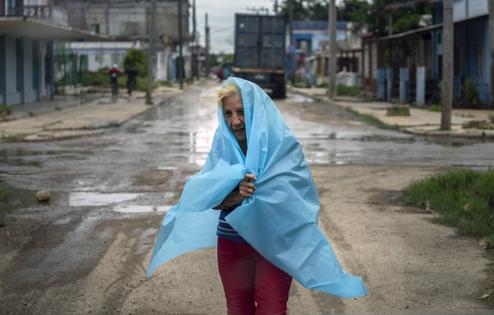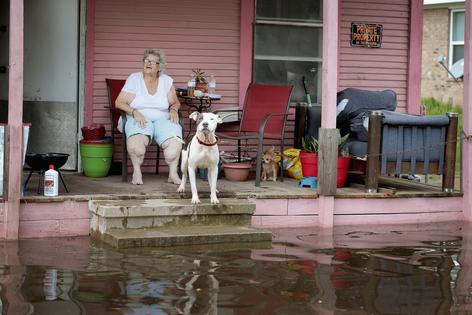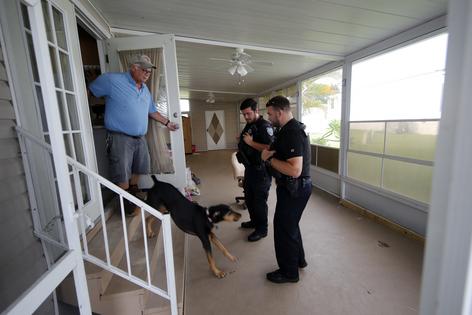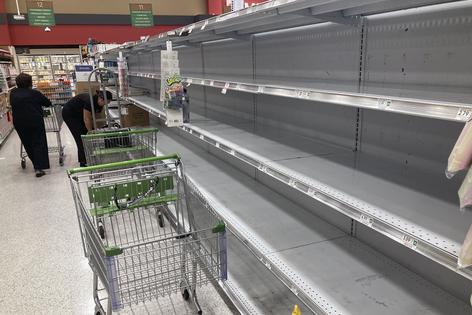Hurricane Ian: Older adults have many reasons for not evacuating – here's why it's important to check on aging neighbors
Published in News & Features
As mandatory evacuations for Hurricane Ian began in Florida and the warnings about damaging wind and flooding intensified, I called my aging parents to check in.
Being a disaster researcher, my concern for them was already in high gear, even though they weren’t directly in an evacuation zone. My dad takes medications that require refrigeration, special needles and a sterile environment to administer. My mom is in the early stages of dementia. Both are not as spry as they used to be.
I heard the worry in their voice about their safety, about my dad’s health needs, and about what might happen to their house.
As I sat at home hundreds of miles away, I thought about all the reasons why leaving isn’t always a clear decision.
As in other recent hurricanes, some residents will choose to ride out the storm in their homes, despite recommendations to evacuate. The risks can be high – sheltering in place during a major hurricane, with flooding rainfall, storm surge and powerful winds, can put lives at risk. The damage to neighborhoods after the storm, including loss of power can also be dangerous, and supplies can be hard to find.
It is easy to dismiss those who stay in the storm’s path as uninformed, but for older adults, evacuating can come with its own consequences. Researchers have found that older adults may not be well prepared to address the health risks that occur during disasters. Being ready to either evacuate or stay put is part of that.
Understanding and addressing the underlying reasons behind why seniors do not evacuate can help to improve disaster response for this population.
For seniors who live on a fixed income, evacuation may not always be feasible for their budget. Evacuating has many associated – and hidden – costs.
Transportation, food and housing can add up quickly. Shelters may be intimidating.
A survey we conducted in 2020 with 2,256 older adults across the U.S. found that about 1 in 4 (24%) indicated it would be difficult to afford to stay somewhere else for a week if necessary. And with so many storms happening so frequently, costs related to multiple evacuations can quickly add up.
...continued

















Comments